A state-of-the-art web presence can elevate your college through increased brand awareness, improved marketing efforts and ultimately, higher enrollments.
You’ve put together an awesome marketing campaign, with great new digital tactics, email drip campaigns, and traditional strategies that you know have generated web traffic. Despite seeing site visits spike in your Google analytics dashboards, prospects are bouncing without taking any action, and your applications and enrollment numbers are not budging. Sound familiar? While there may be a myriad of reasons why your paid marketing campaigns are not converting, one of the most common reasons may be lurking in the inefficiencies of your website.
The college website is by far your most powerful marketing tool. “Websites are the most important digital tool colleges have to reach potential students,” says Kenneth Hartman, the former president of Drexel University Online, in an Inside Higher Education article that builds the case for colleges to strengthen their online presence.
Meanwhile, the 2019 E Expectations Trend Report lists a college website as the most influential information resource for 2019 high school seniors, juniors and sophomores. Furthermore, more than three-quarters of these students report that if they want information about a college, the first place they go is the college website. It’s not surprising, then, that a negative website experience can lead to a negative perception of your college, causing potential students to look elsewhere.
Many colleges treat their website as a project that must be updated every five to ten (or longer!) years. However, maintaining an effective website should be an ongoing process, with resources dedicated to keeping it fresh, useful, persuasive and relevant.
“Your website is the most powerful brand and marketing tool, and the only one with a global, always-on reach,” says creative director Harry Decker, who has worked with brands including Northwestern University, Samsung, Sony and Airwalk. “To use your website to its full potential, it’s vital to maintain it, update it and dedicate resources to its user experience on a regular basis.”
Taking the time and energy to invest in evaluating the website via a web audit is one way that you can make small, powerful updates that will benefit not only your marketing efforts but also please internal constituents who rely on the institution’s site on a daily basis.
What is a Web Audit?
A website audit takes a look at your site functionality from multiple perspectives. Typically, a website auditing process will examine:
User experience and engagement, which examines areas including:
- Is the website optimized for maximum usability?
- Is the design and page layout intuitive and uncluttered?
- Is the brand displayed effectively and consistently?
Site Effectiveness:
- Is it clear what the purpose of each page is?
- Are there calls-to-action (CTAs) on all important pages?
- Is critical content (apply, enroll, class schedule, academic calendar) easy to find?
Site Design:
- Do your pages have a consistent format for navigation, headers, text, typography and hyperlinks?
- Is there continuity between text and images?
- Is the site mobile friendly?
- Is the design fresh?
Search Engine Optimization (SEO) opportunities or current SEO pitfalls:
- Are your pages optimized so users can find information via search engines?
- Do you have important components including title tags, keywords, and outbound and inbound links?
ADA Compliance
- Are your site’s color contrast, text size, and image alt text serving all populations well and following legal guidelines?
- Is your site correctly rendering aria labels so It can be accessed without a mouse?
A web audit is not meant to be a witch hunt. Rather, it is an opportunity for a college to identify areas that may not be serving potential students or other stakeholders well, and then prioritize what needs to be fixed.
“In the same way curricula evolve, so do web trends and standards,” says Graduate Communication’s COO Christopher Walker, who has worked on web projects for dozens of community colleges and four-year universities. “Addressing the issues in a large website is an ongoing commitment and is never really ‘done’ because of changing expectations, functions and trends.”
What are the Advantages of a Web Audit?
Regular website audits can keep your college website agile and aligned with Internet marketing best practices, which can assist with converting prospects to applicants and applicants to enrollees.
“The better your site performs, the more improvement you’ll see in all of your college’s most important digital metrics,” adds Walker. “You’ll also get the added benefit of, in time, improved search engine rankings, which will drive more organic visits.”
Web audits can also:
- Improve the user experience, which can lead to improved conversion rates and application and enrollment rates as well as improved brand awareness and recognition.
- Assist the college in moving forward with a full web design. Going out to RFP on a new website is a daunting and expensive proposition. Conducting a web audit prior to an RFP will assist potential vendors in knowing what to focus on and will also help your college identify the main issues it wishes to fix.
- A web audit can assist in convincing higher-ups that to invest more resources into the college site, whether that be in the form of developers, designers, or content creators.
- Regular web audits can make maintaining the website a much easier task, by providing suggested changes that can be tackled in the short-term and identifying more long-term fixes.
How do you Know When it’s Time for a Web Audit?
We recommend that the college have an audit of its website conducted by an external, professional agency every other year and conduct internal audits on a quarterly or bi-annual basis. Interested in conducting an audit? Reach out and we can walk you through our approach and get you started on implementing processes that will keep your website in top shape.
How Secret Shopping Can Improve Your College Marketing Strategy




